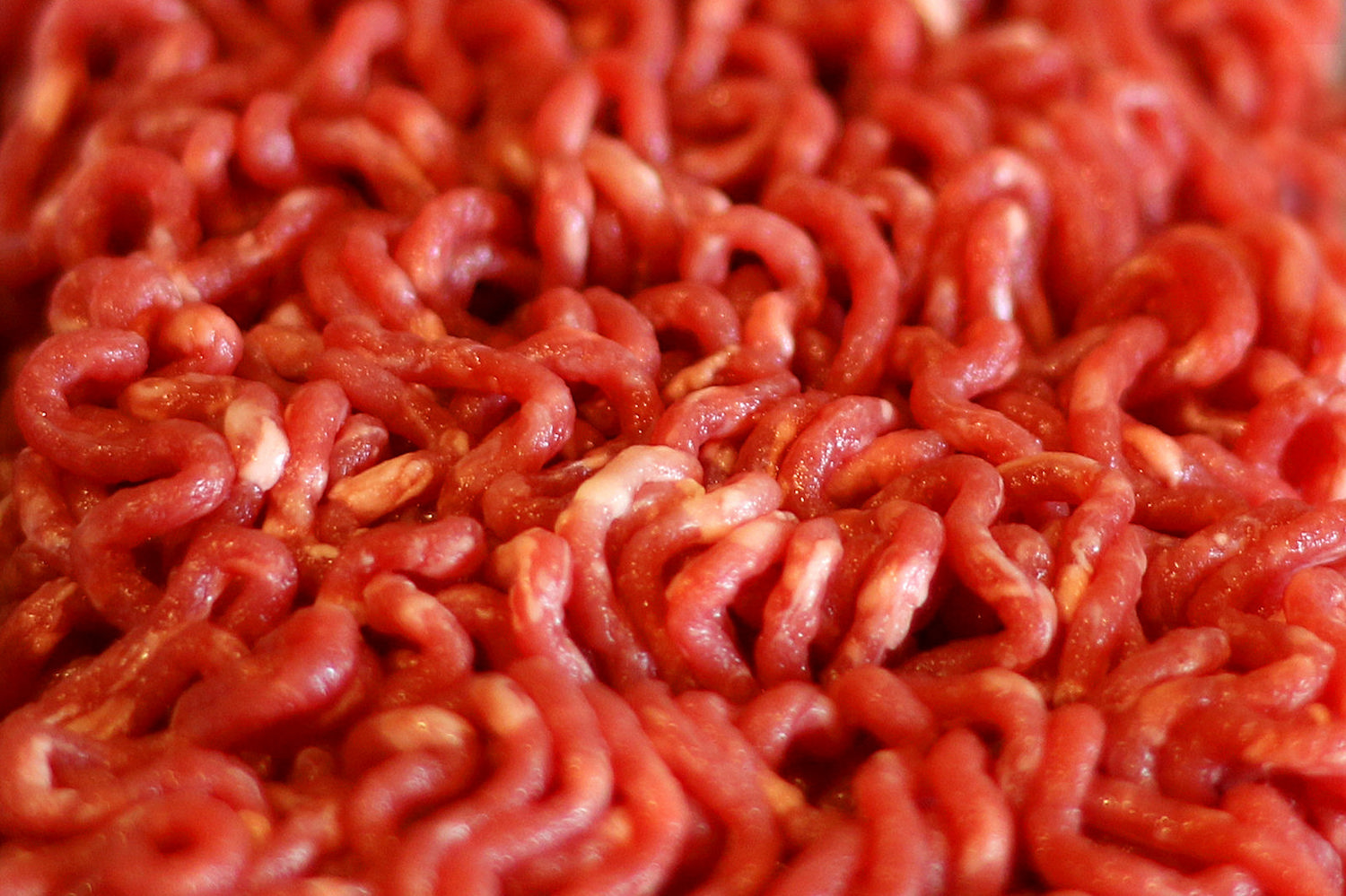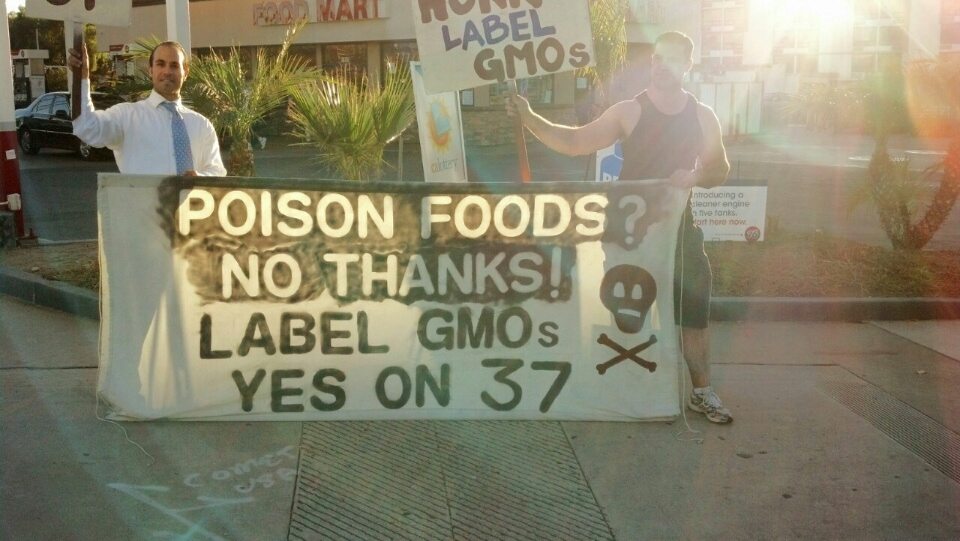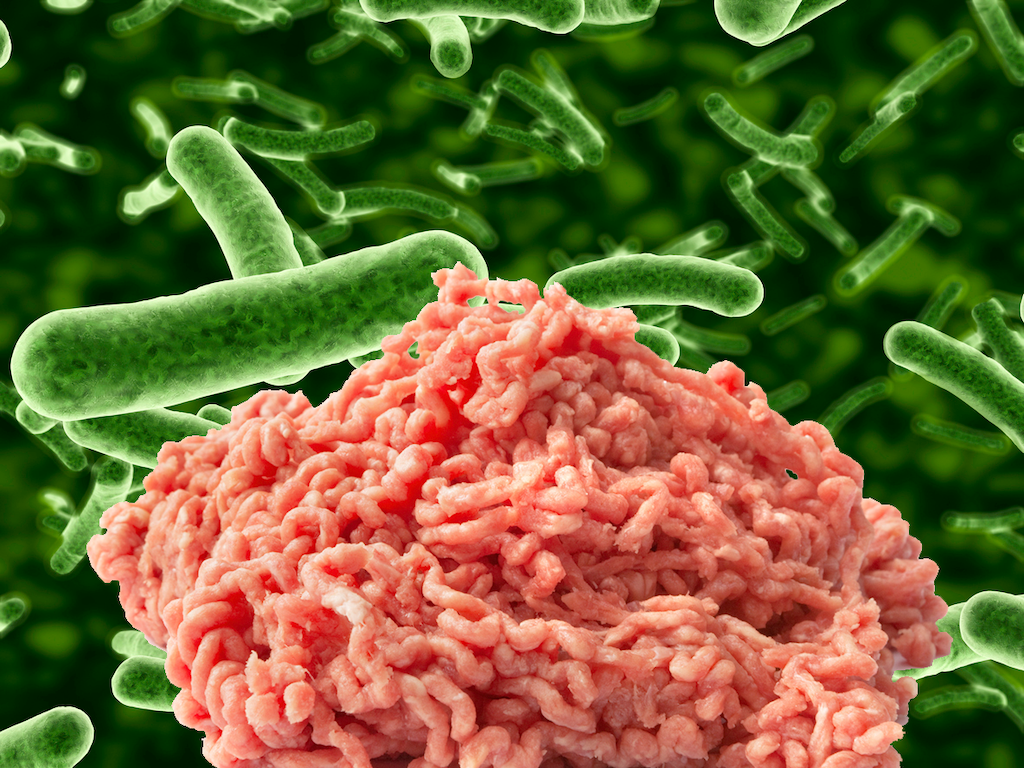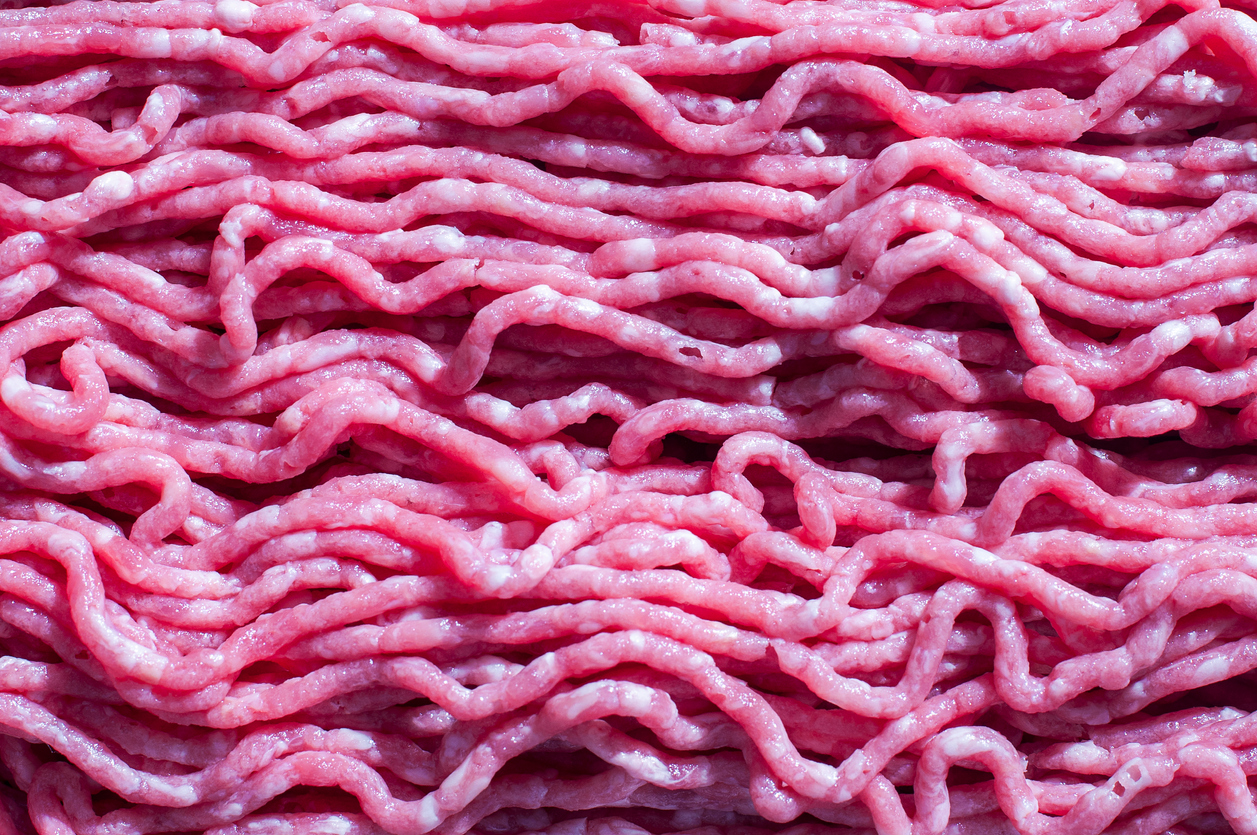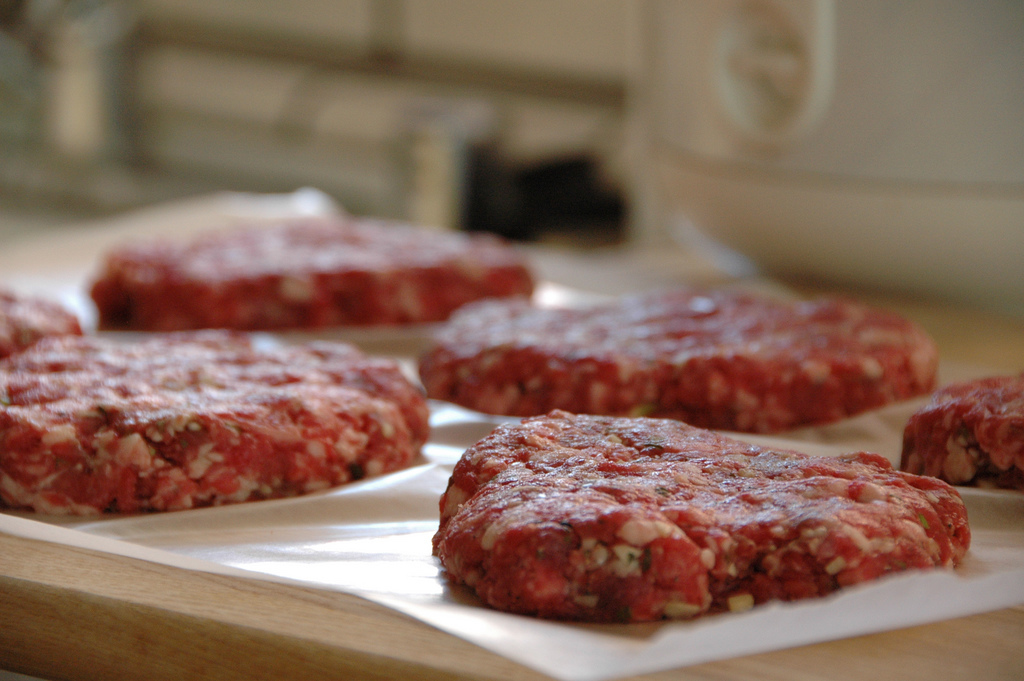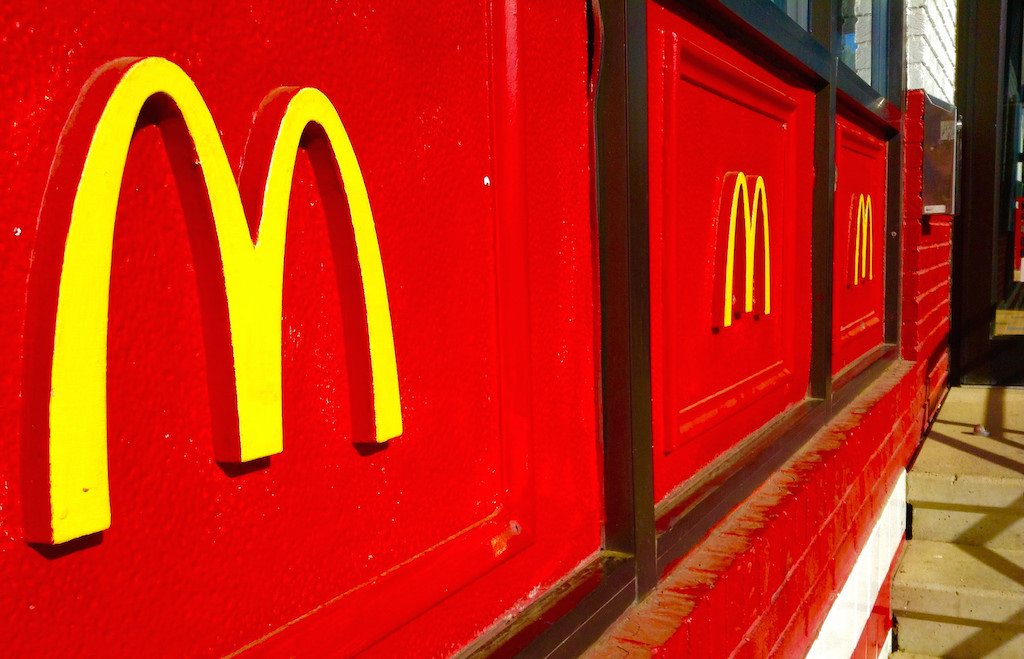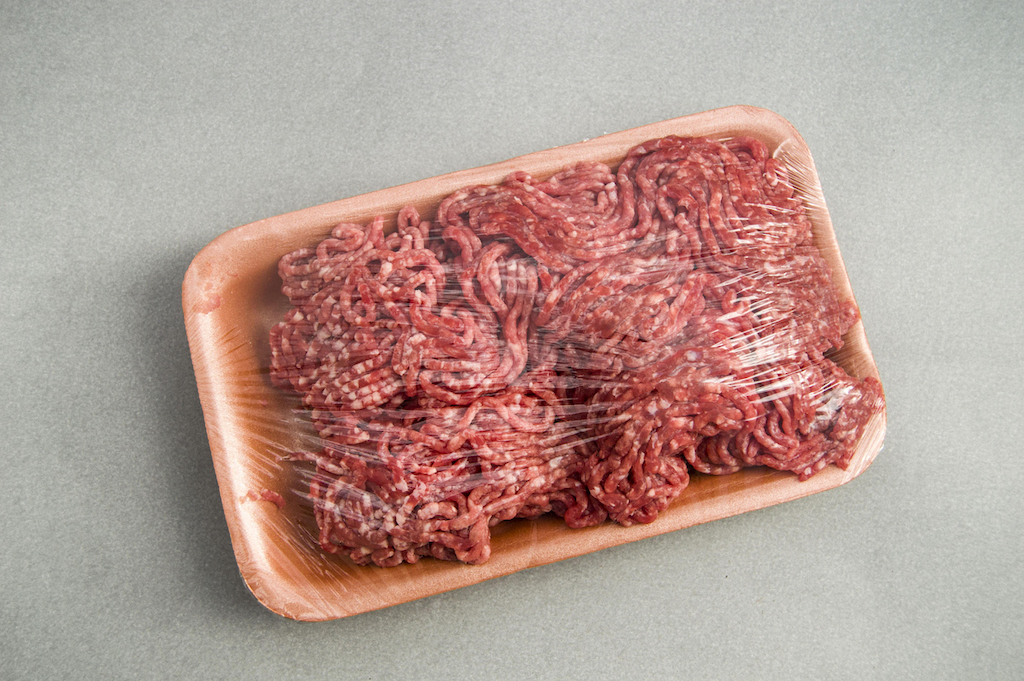
iStock / hatipoglu
The world’s largest meat processor, JBS, has recalled an additional 5 million pounds of raw beef over concerns that it may be contaminated with Salmonella Newport, a multidrug-resistant form of the bacteria, the United States Department of Agriculture’s (USDA) Food and Safety Inspection Service (FSIS) announced on Monday.
This is an expansion of the October 4 recall, during which JBS’s Tolleson, Arizona facility pulled nearly 7 million pounds of raw beef products from the food supply.
So far, public health officials have confirmed 246 illness in 25 states linked to the outbreak. Their investigation is ongoing. Tuesday’s expansion comes after multiple people were sickened by beef products not included in the original recall.
A full list of product labels affected by the recall can be found here. A full list of product names and descriptions can be found here.
You may be wondering what exactly is going on in Tolleson, Arizona. What could be causing an outbreak of this magnitude? While we don’t know too much more than the location of the affected facility at this stage, my colleague Joe Fassler outlined the case for a likely culprit in October: sick and aging dairy cows.
As we’ve reported, meat processors like JBS aren’t legally required to test for Salmonella, because the bacteria’s presence alone isn’t “injurious to health,” as defined by the Federal Meat Inspection Act (FMIA). The reasoning, buy it or not, is because technically Salmonella can be killed with heat when properly cooked. JBS’s recall is a voluntary one.
FSIS recommends that eaters cook ground beef to 160°F—and if you have any affected meat products in your fridge or freezers, toss ‘em.

